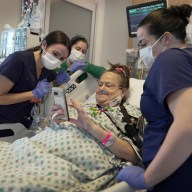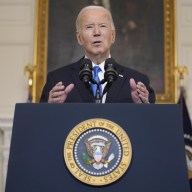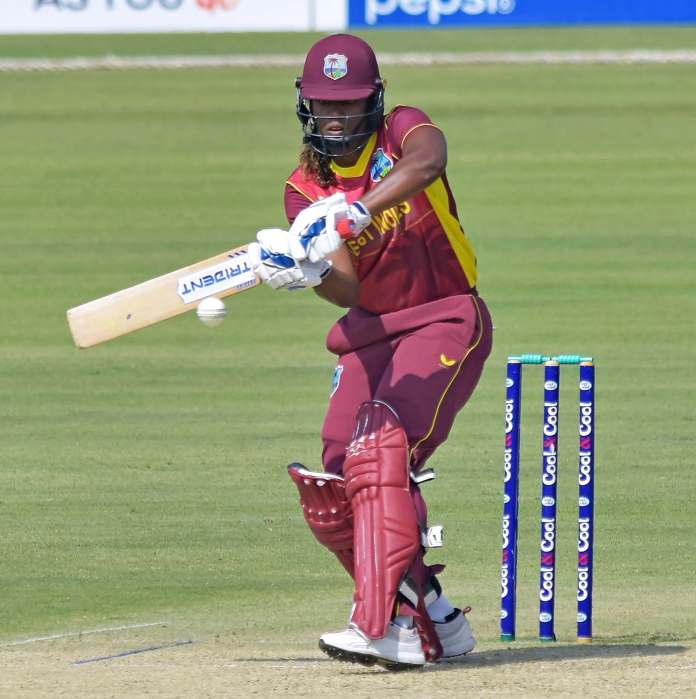In an ideal world, there would be no breast cancer. That’s the goal that the Canadian Breast Cancer Foundation is working toward on a daily basis.
As part of a province-wide promotion of breast-cancer screening, the Canadian Breast Cancer Foundation has launched a two-part plan — the first initiative has been, over the last year, to liaise with the Atlantic Canadian governments to increase funds for newer screening technology.
Switching from analog to digital breast-cancer screening technology is like swapping a Polaroid camera for a digital camera, Canadian Breast Cancer Foundation CEO Nancy Margeson explains.
“With the current technology, if you’re reading a film, you can really only turn your head to get a better angle of what you’re seeing, and if you’re in need of a second opinion from another doctor, you have to courier the films,” she says. “With digital mammography, like a digital camera image, you can see the picture immediately and know if you got the shot you need, you can zoom in on any blips on the film that may be cause for concern, and the image can also be sent like an e-mail to a consulting physician.”
The foundation is pushing to increase Nova Scotia’s capacity to provide digital mammography, and by the end of 2009, every analog machine is set to be replaced by digital technology.
“Wait times are also reduced with the digital machines, as the unit reveals the photos in seconds and reduces the need for call backs,” Margeson adds.
The second step of the foundation’s educational promotion will launch in spring 2009, when it will embark on a bus tour throughout Atlantic Canada to help women realize the importance of breast cancer screening and to help them overcome any obstacles that have kept them from being tested.
“The idea is that before getting off the bus, each woman will have made an appointment to be screened,” Margeson says. “Early detection is the best prevention.”
Approximately 100,000 women are eligible for screening, falling in the 50- to 68-year-old group, and in 2004-05 only 46 per cent had mammograms. The World Health Organization has said if 70 per cent of eligible women are screened, there will be a 35 per cent reduction in the number of deaths from breast cancer.
















